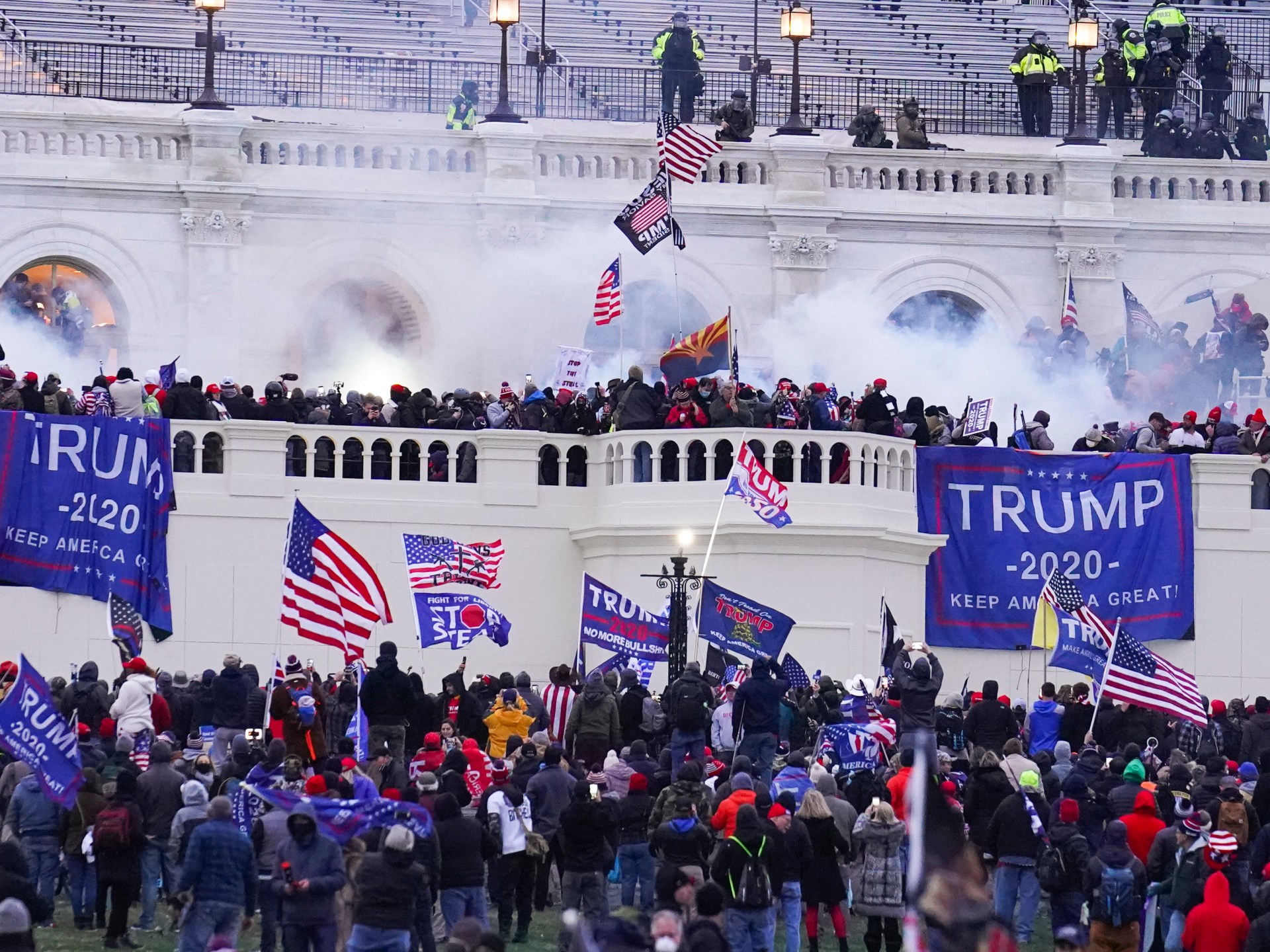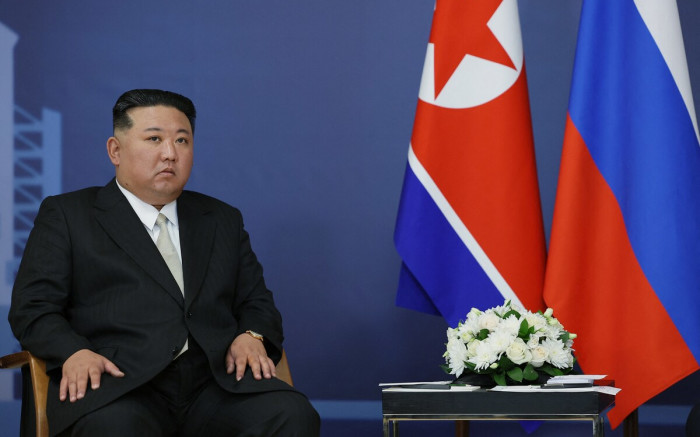
South Africa’s ruling party, the African National Congress, decided on Monday to expel Jacob Zuma from the party, punishing the former president for campaigning for a rival political party.
The party announced it had suspended Mr Zuma’s membership after he helped found a rival party of which he became the “poster boy”, the party leadership said. The announcement came following a meeting of the National Executive Committee.
It was not immediately clear whether Mr. Zuma would be allowed to challenge his suspension or face an internal disciplinary hearing. The party described him as “unpredictable” and “disruptive” and said it wanted to “cut its losses”.
The suspension of the former president of the Country and the party is a notable accusation from party leaders who have for years defended Mr. Zuma against allegations of corruption and misconduct, even as his time in office has eroded public support for the party. After his presidency, Mr. Zuma continued to sow political chaos by evading accountability and undermining the party’s current leadership through harsh public statements.
The decision to take disciplinary action against Mr Zuma, who has become a symbol of widespread corruption and impunity, signals a break with that destructive legacy and a demonstration of the strength of President Cyril Ramaphosa in his bid for re-election.
“Rogue rebel groups” were trying to undermine the African National Congress, said Fikile Mbalula, the party’s general secretary. However, he said the party would renew itself as the party’s leadership now took responsibility for the failures during Mr Zuma’s time in office.
As the face of a party that has tried to position itself in a more radical and populist manner on issues such as land redistribution, Mr. Zuma was also responsible for dooming South Africa’s progress since the end of apartheid, he added.
“As renewal gains momentum, Zuma and others whose behavior contradicts his values and principles will be outside the African National Congress,” Mbalula said in a public press conference.
Still, analysts say it will be difficult for many voters to separate the party from Mr. Zuma. While he has supported an opposition party in recent weeks, some members of the ANC leadership have tried to persuade Mr. Zuma, 81, to return to the group, an indication of the power he still holds.
A former anti-apartheid activist who was jailed for his role in the ANC, Mr. Zuma’s political rise reflected what critics saw as the disintegration of Nelson Mandela’s party. Yet Mr Zuma remains a popular figure in South Africa and can attract large crowds who see him as an antidote to elitism within the ANC. Mr Zuma led the country for almost a decade before stepping down in 2017.
With crucial national elections just months away, Mr Zuma’s exit from the party would also mean the breakdown of the political relationship between Mr Zuma and the party’s current leadership under President Cyril Ramaphosa.
Last year, Mr Zuma announced he would not vote for the ANC in upcoming elections and would instead campaign for a newly formed opposition party.
“My conscience will not allow me to lie to the people of South Africa,” Mr Zuma said in a statement read by his daughter Duduzile Zuma-Sambudla.
But even as he described Mr Ramaphosa’s government as a “sellout”, he vowed never to leave the ANC and publicly insisted he would remain a member. He said his decision to run for another party was because he wanted to punish leaders who had “mistreated” the party.
Mr Zuma decided to make this statement during the official launch of this new opposition party in December. The new political outfit bears the name of the ANC’s apartheid-era armed wing, the uMkhonto we Sizwe, meaning “Spear of the Nation”. The party’s colors, green, white and gold, reflect those of the ANC. The new party has ignored demands from the 112-year-old liberation movement to change its name. The ANC said it planned to challenge the new party’s name and branding in the electoral tribunal.
Mr Zuma was convicted of defying a court order to testify before a nationwide corruption inquiry in 2021 and is legally ineligible to run for president. Although he is not the official leader of the new party, he is its best-known champion. Mr Zuma has campaigned vigorously for the new party, particularly in his traditional stronghold of KwaZulu-Natal province, and has dismissed questions about his deteriorating health.
In 2021, after spending just two months in prison, Mr Zuma was released from prison on medical grounds after his doctors claimed he was terminally ill and unable to serve his 15-month sentence. At the time, his detention sparked a wave of protests that led to some of the fallout The deadliest riots in South Africa since the end of apartheid.
A judge revoked his medical probation. But Mr Zuma only had to return to prison for less than two hours as he was released under an early release program that critics say the ANC government put in place to shield its former leader from legal consequences.
Earlier this year, Mr Mbalula admitted leaders lied on Mr Zuma’s behalf when an independent watchdog found he had used government money to upgrade his compound in KwaZulu-Natal.
Even with his suspension, the party has been slow to take action against Mr Zuma, said Mashupye Maserumule, a public affairs professor at the Tshwane University of Technology in Pretoria.
“Zuma is a creation of the ANC,” Professor Maserumule said. Many of the party’s current leaders were “at the forefront of protecting him” and did not want him kicked out of the party, he added.
For some in the party, this was a “good liberating moment,” said one member, who spoke on condition of anonymity because he was not authorized to speak publicly.






Recent Comments